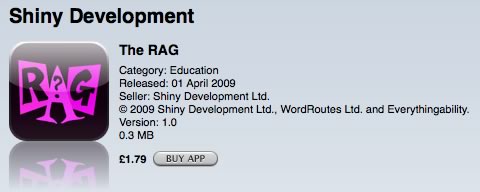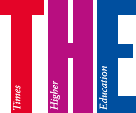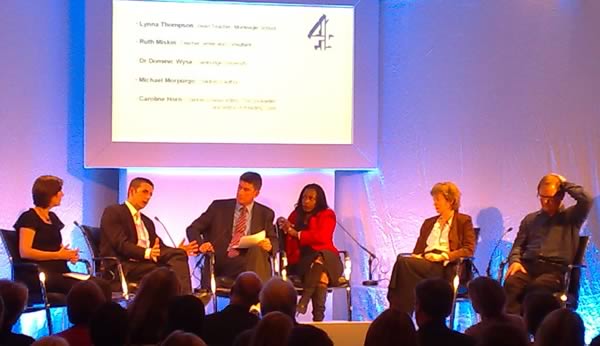
(This is the logo of TeacherNet UK – a project to revitalise CPD for teachers by using online community and the internet from 1996-2000, after which it became the name of the governments’ website to provide unified information for teachers.)
This seminar lead by Professor Marilyn Leask at Brunel University, feels like a revisit of the work we did over ten years ago when the internet was fresh.
The question is how to best exploit technology to enhance continuing professional development for teachers? I have five minutes to answer…
… and of course the easy way out is to pose two further questions:
What is it about Facebook?
Facebook is highly successful in maintaining vibrant relationships between people, which leads me to ask:
- Is it a successful online community or is it a social network?
- How is it achieving this without facilitation?
I think it’s a tool which permits both online community and social network and there is a need to reconsider these terms and their meaning. Its success perhaps derives from these four things (amongst others):
- simple ownership and participation, the ability to make your own space and express creativity by putting your own material in it;
- automated gossip, the reporting of other user’s activity;
- some control over privacy and membership in hands of the user including identifying relationships with others;
- a route for creative developers to extend the system.
Such features continue to be innovated and prevent us from settling on a specification – we need a platform able to change without confusing participants.
How should we conceptualise CPD?
I have been working at the University of Bolton in the Institute for Educational Cybernetics to build an undergraduate and masters degree framework, the Inter-Disciplinary Inquiry-Based Learning project (IDIBL), which permits any professional practice to be explored in the workplace and online. In devising this framework, we tried hard to leave the subject discipline to be determined by context and to focus on inquiry discipline. Nevertheless there remained a problem of how to form viable online communities to study in this way, and our solution was themes.
In the world of teacher CPD, I argue that a multi-professional theme such as ‘Every Child Matters’ would form the basis for such a theme. In this kind of CPD, masters study is undertaken together with the social worker, health professional, special needs expert and police in order to gain a rounded understanding of a learner-centred improvement in practice.
Thus I would applaud the GTCE for considering action inquiry a central process in the Teacher Learning Academy, but extend that thinking to include a broader online community of the professionals that surround the challenge society faces in transforming schooling. And, benefit from the know-how in higher education of action research methodology and the opportunity for peer evaluation at a high level of rigour.





